|
Do you struggle with finding books for school-age that are through an equitable lens? Reading takes us to faraway places and allows us to experience life through a character’s eyes. Sometimes we are on a daring adventure to give a golden ring back to its rightful owner. Other times we take down giants who like to eat children. Literature has a knack for putting us in the driver’s seat of a vehicle that we would never ride in real life. You may or may not have a diverse group of children in your classroom but that does not mean that cultural awareness is any less important. In fact, having less of a diverse group makes it even more important to be conscious of cultural awareness. The reason is that a culturally diverse setting creates awareness and respect naturally. A setting without as much diversity is lacking in that area and should be supplemented. Let’s consider some ways to use equity-based books in your classroom: Compare and Contrast Connections Be a Role Model Knowledge Questions Feedback ***Does this topic interest you?*** You could enroll in our new course titled Equity-Based Literature for School-Age for 2 clock hours. Click here to enroll. Comment some of your favorite books to use with school-age children to teach about different cultures!
Here are a few of mine: The Ugly Vegetables by Grace Lin Priya Dreams of Marigolds and Masala by Meenal Patel A Different Pond by Bao Phi
0 Comments
Have you ever heard of HighScope education? Are you surprised there are so many alternative education methods? HighScope focuses immensely on “active participatory learning.” The children have hands-on experiences in their own learning with the support of educators and adults to scaffold their knowledge. The basis of all the children's activities are their own interests. They get to have an active say in what they are learning and how they do it with the support of the educators.
***Does this topic interest you?*** You could enroll in our new course titled HighScope Education and Children for 2 clock hours. Click here to enroll. Comment what you're excited to learn about.
Here is mine: I really want to learn more about what "Approaches to Learning" means. Do you care for a child who has Attention Deficit Disorder? Do you struggle with how best to support them? As of 2013 we now recognize that there are three ways in which ADHD "presents" or affects different individuals. Those three ways include:
Here are some ways that children with ADHD are impacted:
***Does this topic interest you?*** You could enroll in our new course titled Attention Deficit Disorders in Young Children for 2 clock hours. Click here to enroll. Comment what you're excited to learn about in relation to Attention Deficit Disorders.
Here is mine: I'd love to learn tips on how to keep their attention during activities. Do I need to be more interactive? Do I need to be more expressive? What can I do to help them? Did you know there are preschools that are held entirely outside? Snow? Rain? Shine? All outside?! In the United States around 1927, there was an outdoor area purchased and built for learning about the forest by Wakelin McNeel and H.L. Russel in Wisconsin called The Laona Forest School. The first official modern forest school, as we know outdoor preschools to be, was started in 1996. Tender Tracks was located in a park in Fairfax, California in which families would drop their children off for a day of circle time, exploring, snacks, etc. No matter the weather, the children would be outdoors. From 1927 to 1996 and now, outdoor preschools have expanded drastically to more than 500 around the United States. Washington state is to become the first in the United States to license outdoor preschools. This has been a program that started in 2017 but discussed far before then. This can help families who want to enroll their children in these programs but do not have the funds to do so and can apply for support from the state. The principles that outdoor preschool’s follow are not exact, there may be some programs that focus more on one or two aspects mostly while another focuses on all aspects equally.
***Does this topic interest you?*** You could enroll in our new course titled Outdoor Preschools for Children for 2 clock hours. Click here to enroll. Comment one part of an outdoor preschool that makes you nervous.
Here is mine: I am always worried about losing children. I would do name-to-face counts all of the time in a classroom so I can't imagine being in a forest. I can also see that if I show trust to the children about the boundaries, they are going to to be more likely to follow them. If they wander further, it's a great opportunity to find out why and what interested them and to go with them to see! Are you struggling with how to support physical development for children in your care who have special needs? Think about the vast physical changes that occur between a newborn baby and a young adult. Recall the different things you or children you know were able to do at various stages while growing up. Physical activity is particularly important for our overall development and growth. Moving the different parts of our bodies, sitting up, rolling, crawling, walking, running, jumping, holding, and manipulating varied materials or objects are examples of ways in which we use our bodies to explore our environment and learn about the world. These are also ways to keep our bodies healthy, fit, and well-functioning. For children with special needs, some of these activities are going to be more difficult or look different. A child in a wheelchair for instance may not be able to play traditional hopscotch with everyone. This doesn't mean that we leave them out of the activity all together, instead we modify the activity to fit the individual and make sure to include everyone. In this course, we will explore ways to better include children with disabilities in physical activities through modification and inclusion. Physical activity has many benefits to children with special needs, including:
***Does this topic interest you?*** You could enroll in our new course titled Adaptive Classrooms: Physical Activity and Children with Special Needs for 2 clock hours. Click here to enroll. Comment one activity that you love to do with children to support their physical development. How could you adapt it for a child with special needs?
Here is mine: I love doing a scavenger hunt type game outside. Even if it is just to find toys (and secretly use the game for them to clean up). I can provide extra support for any child who needs it for picking items up or finding them. I could see if any other children want to help the child by carrying the toy for them (if the child accepts/wants the help). Have you ever heard of Waldorf education? Did you know there are alternative education methods you could use in your classrooms? Rudolf Steiner, a Austrian educator, founded Waldorf education (also called "Steiner education"). In 1919, Steiner visited a cigarette factory in Germany and spoke to them about his theories on organizing society as well as politics and culture. The owner of the factory asked him to start a school for children of the employees, to which he agreed. It was originally called the "Independent Waldorf School." In 1928, Waldorf education started popping up around North America. There is estimated to be over 160 official Waldorf schools in North America, not including the Waldorf inspired programs around the country. The typical, but not exact, philosophy of a Waldorf program is:
***Does this topic interest you?*** You could enroll in our new course titled Waldorf Education with Children for 2 clock hours. Click here to enroll. Comment what your feelings are about the Waldorf Education philosophy.
Here is mine: I think it's really cool that there is a focus on nature. It's really exciting to see what children can learn from different nature aspects, whether it's trees, plants, or animals. Do you struggle with having meaningful connections and communication with the children you care for? Studies have found that the quality of interactions and communication between the teacher and the children are essential in building relationships to enhance children's learning and social development. Young children who experience warm and respectful relationships are more likely to develop positive relationships with peers and teachers in elementary school. Communication and conversations between a teacher and the children are essential in building trusting teacher-child relationships.
***Does this topic interest you?*** You could enroll in our new course titled Growing Connections and Communication with Children for 2 clock hours. Click here to enroll. Comment one way you really connect with children in your care.
Here is mine: I am always willing to admit when I'm wrong or when I don't know something. We can learn it together but that way they aren't as likely to lie or feel ashamed when they don't know something either. I feel that it really builds that connection! Do you struggle with the T & E elements within STEM? Technology We often think of technology as only computers, phones, tablets, but in reality, technology is anything tangible or intangible created by a technical method that impacts life, society, and environment. The wheel created 6,000 years ago is an example of technology. It is a tool of technology that, even now, we use daily. Engineering Teaching engineering is teaching the process of designing and building something that is a practical necessity. You can also think of it as the process of creating those pieces of technology that are critical to serving a purpose or meeting a need.
***Does this topic interest you?*** You could enroll in our new course titled Navigating the T & E in STEM for 4 clock hours. Click here to enroll. Comment one of your favorite technology or engineering activities with children.
Here is mine: I love trying coding for technology. It could be with legos or them practicing moving their friends around with "rules." Are you a director or aspiring director that wants to figure out how to be an effective leader? Are you a teacher who needs to work on their leadership skills? According to the Merriam Webster dictionary, a leader is defined as “a person who rules, guides, or inspires others.” Leadership in a child care profession goes well beyond paperwork and meetings and is more focused on the human elements of their workplace. This includes the staff, support staff, children, parents, community, and more. An effective leader knows that the relationships and influence that they have are the true crux of their abilities, and they will strive to do what is morally and ethically sound for all parties involved. During formal and informal conversations, training opportunities, and evaluations you should strive to consider the following areas and how they influence your interactions:
***Does this topic interest you?*** You could enroll in our new course titled Effective Leadership for Child Care Professionals for 3 clock hours. Click here to enroll. Comment one way that a director/supervisor has made you feel seen/heard/good because they were being an effective leader.
Here is mine: Remembering something that I told them and then them asking how it went/following up. Do you need to add some fun stories into your classroom? From "jabbeling" to "swizzfiggling" and giant peaches or chocolate factories, Roald Dahl has included the reader into his elaborate worlds. Through the humor, nonsense words, and life lessons, children are enticed into reading more and more of his stories. "Two hours of writing fiction leaves this writer completely drained. For those two hours he has been in a different place with totally different people." - Roald Dahl While being fantastically creative, Dahl’s stories are beautifully layered with valuable life lessons for children. Let's look at a few life lessons throughout:
***Does this topic interest you?*** You could enroll in our new course titled Frothbuggling Worlds of Roald Dahl for 2 clock hours. Click here to enroll. Comment one or two of your favorite Roald Dahl stories as a kid.
Here are a few of mine: Matilda! Lots of books!! Charlie and the Chocolate Factory! Chocolate.. duh! :) |
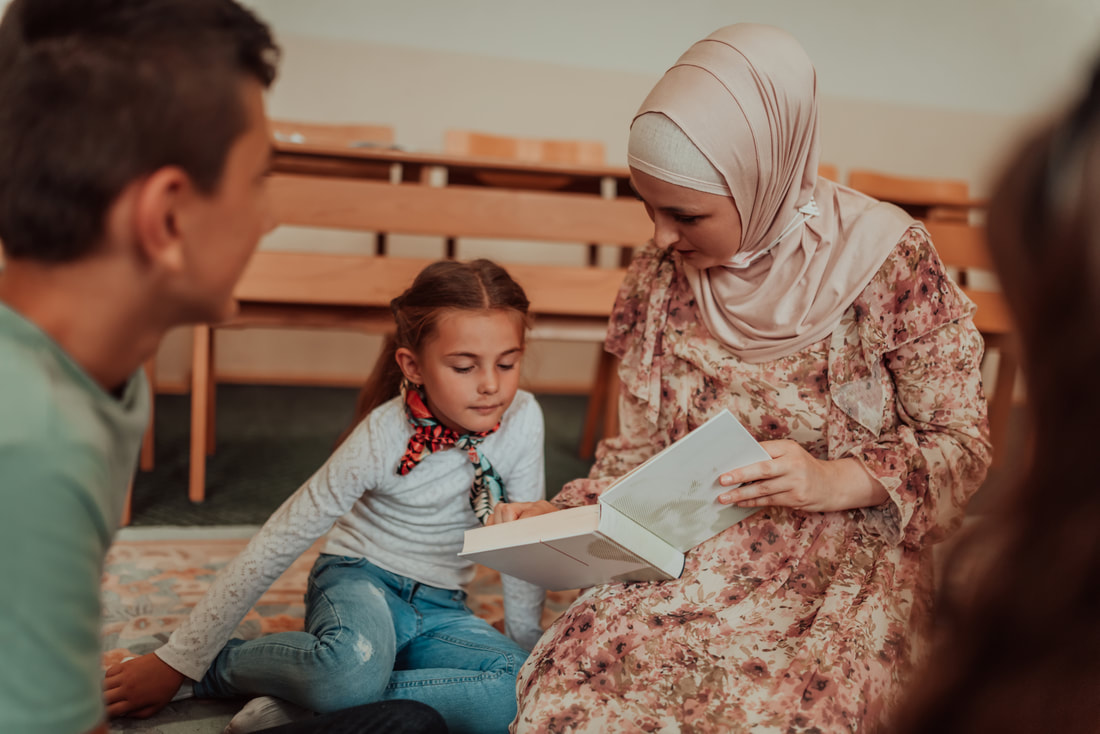
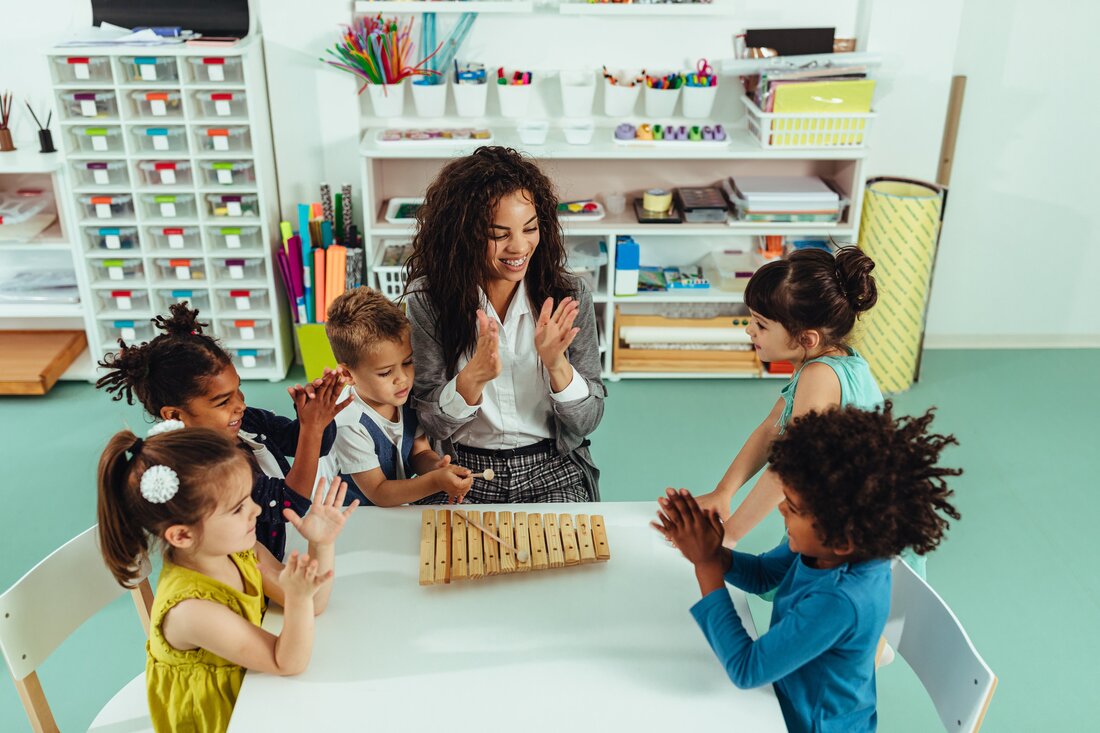
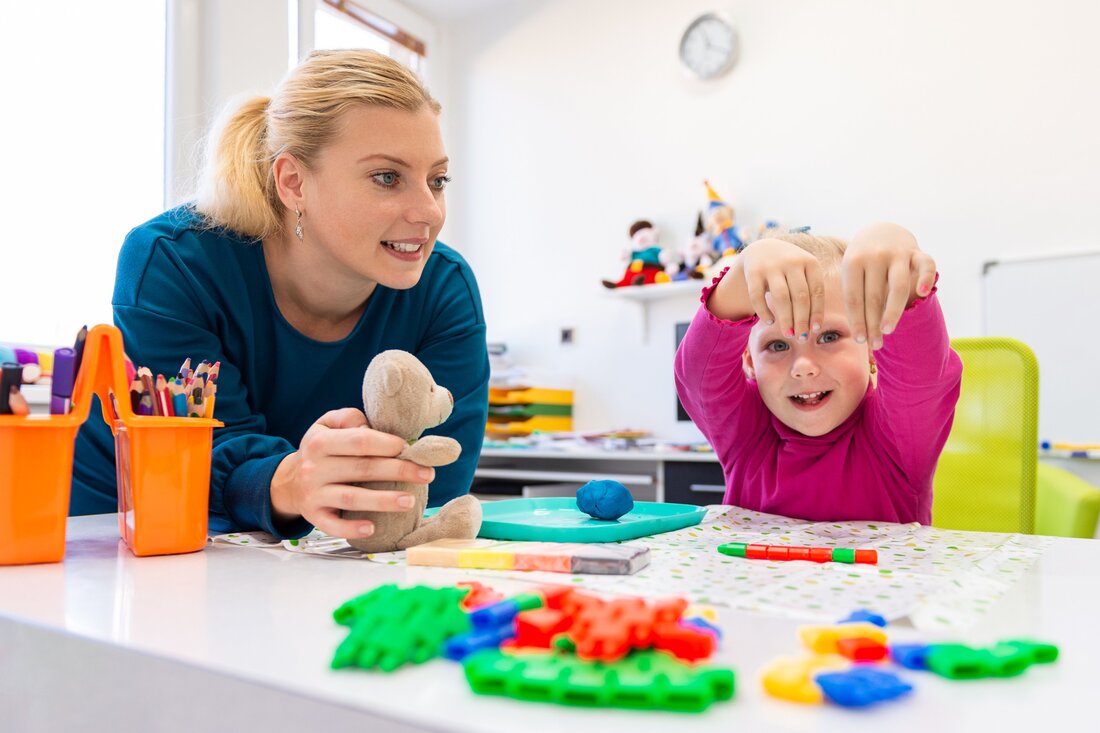
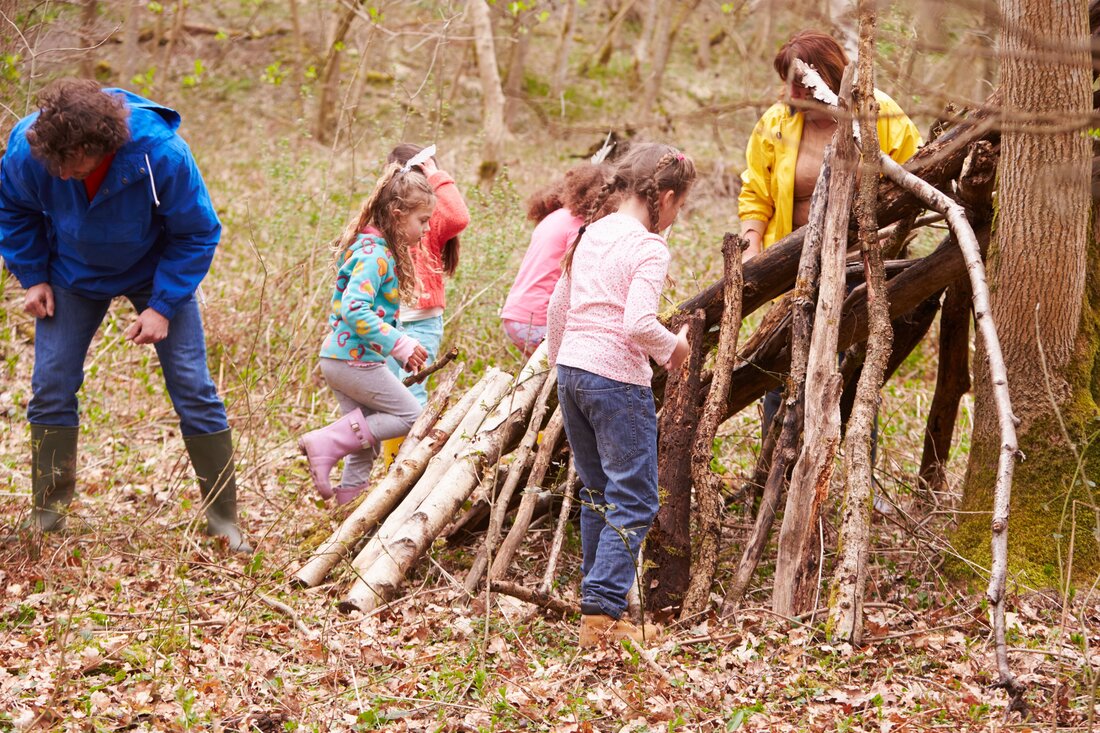
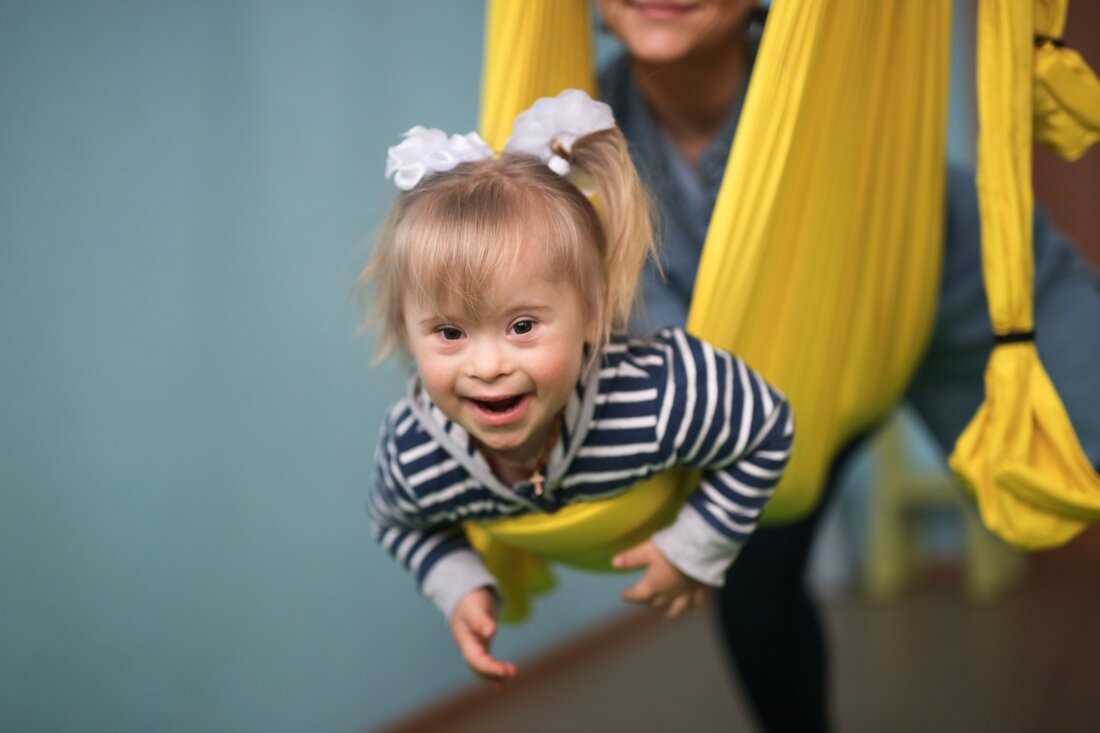
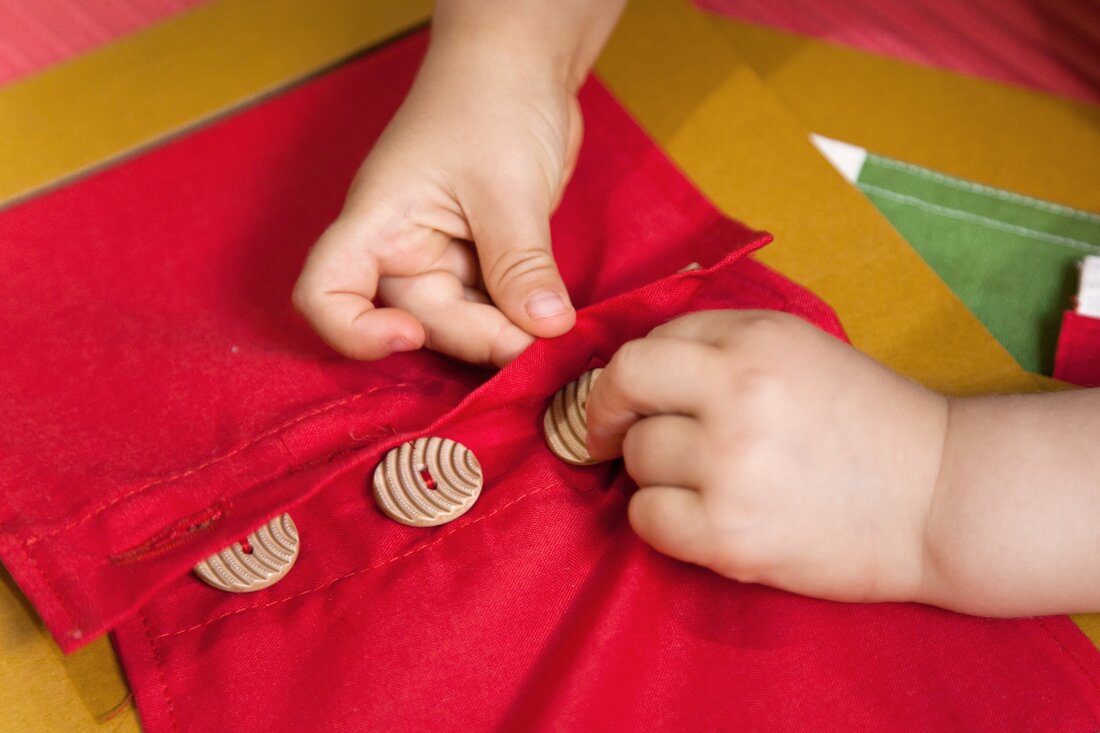
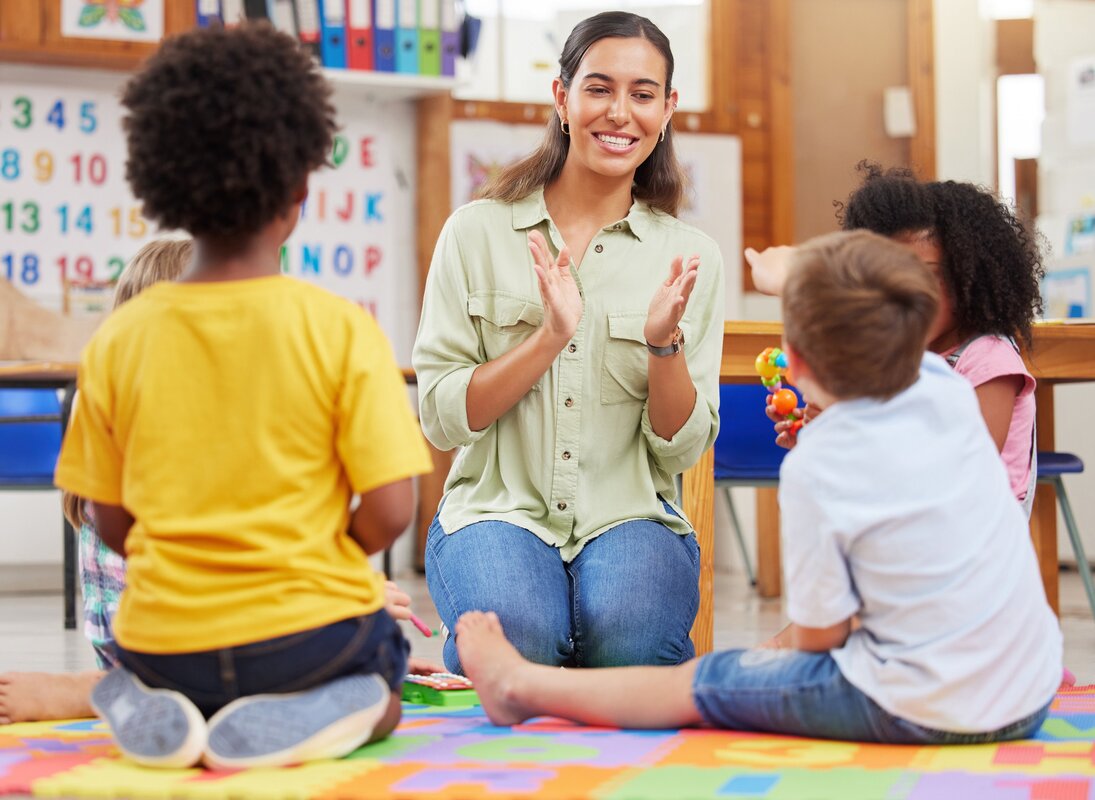
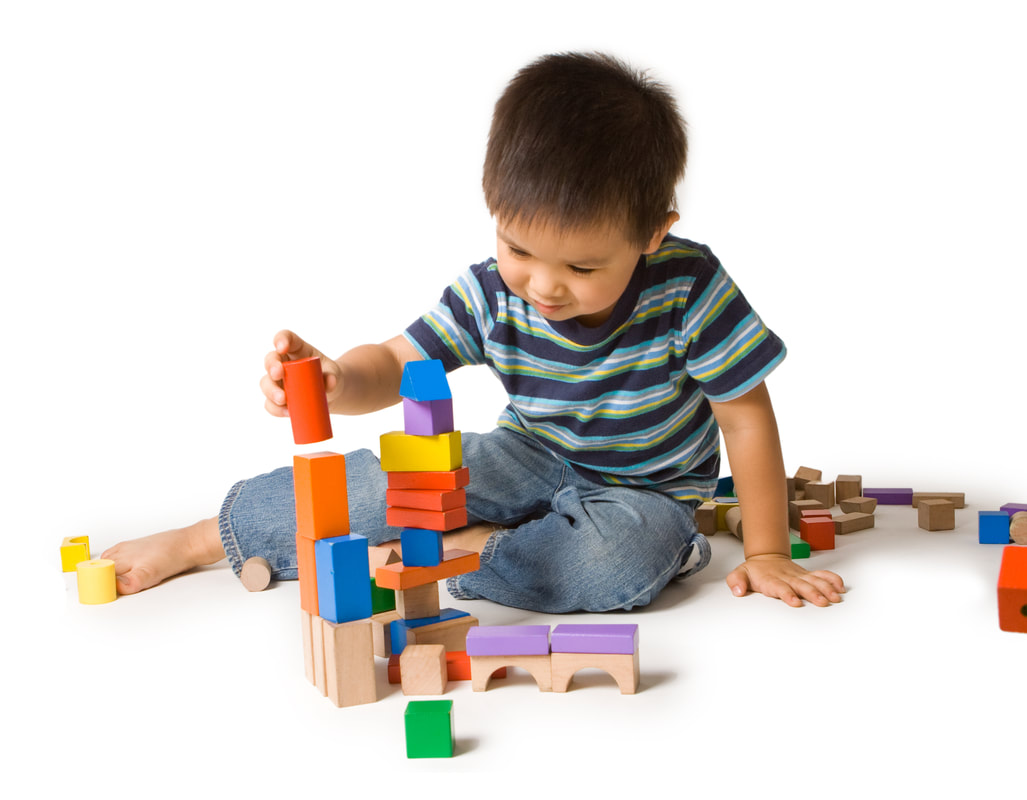

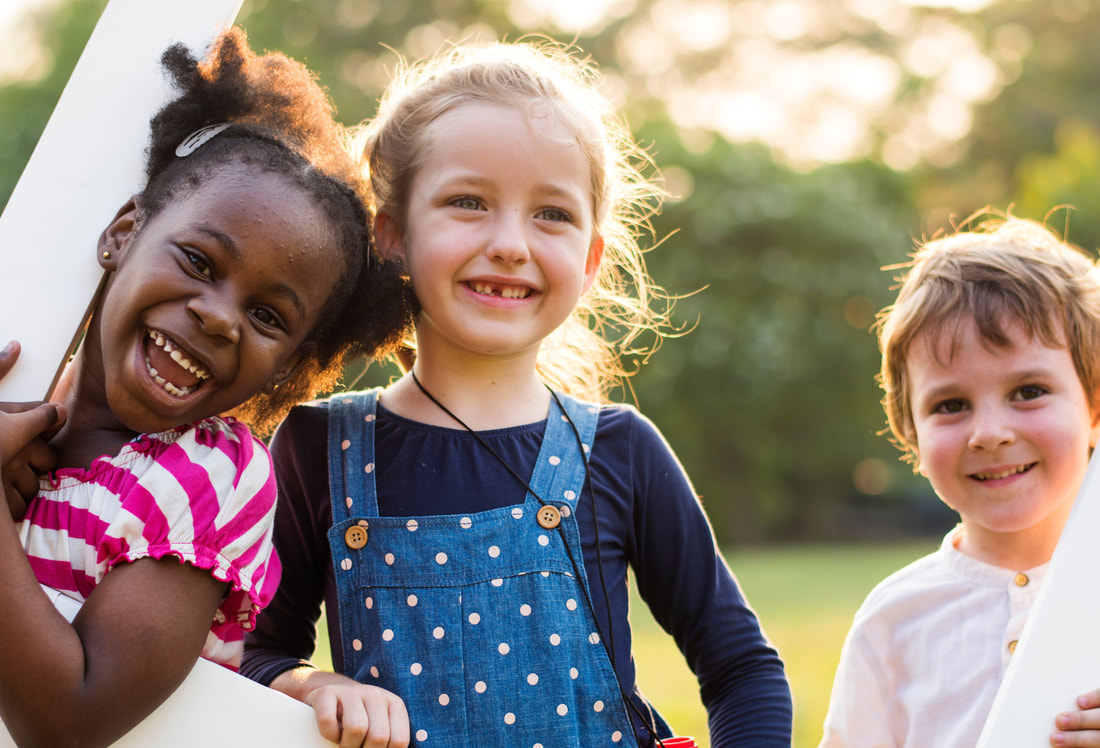
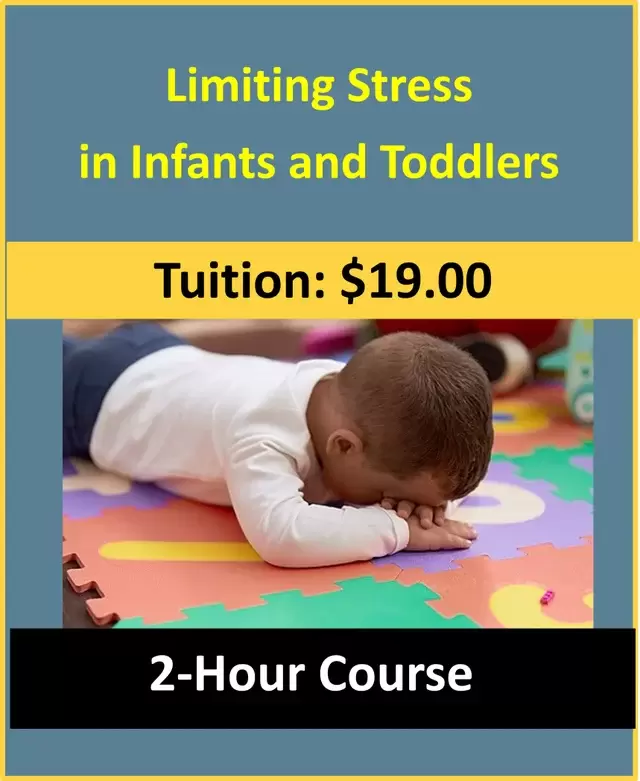
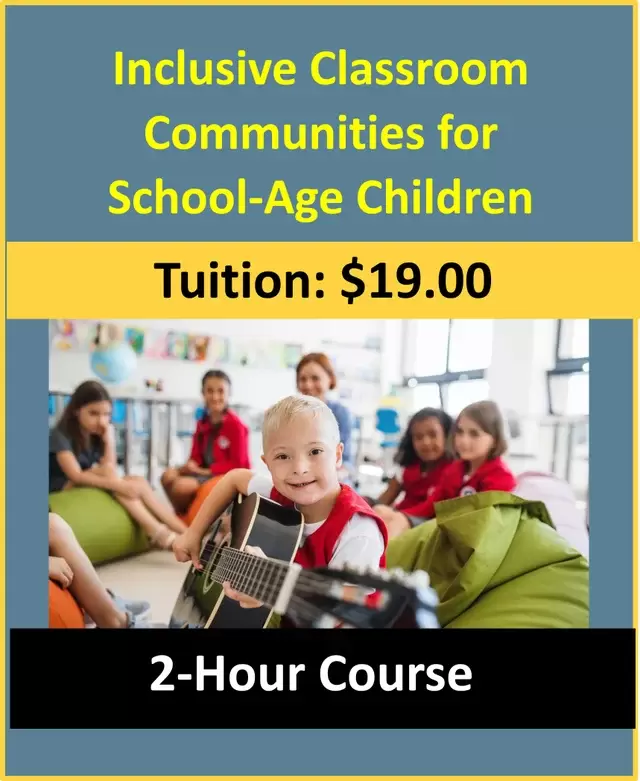
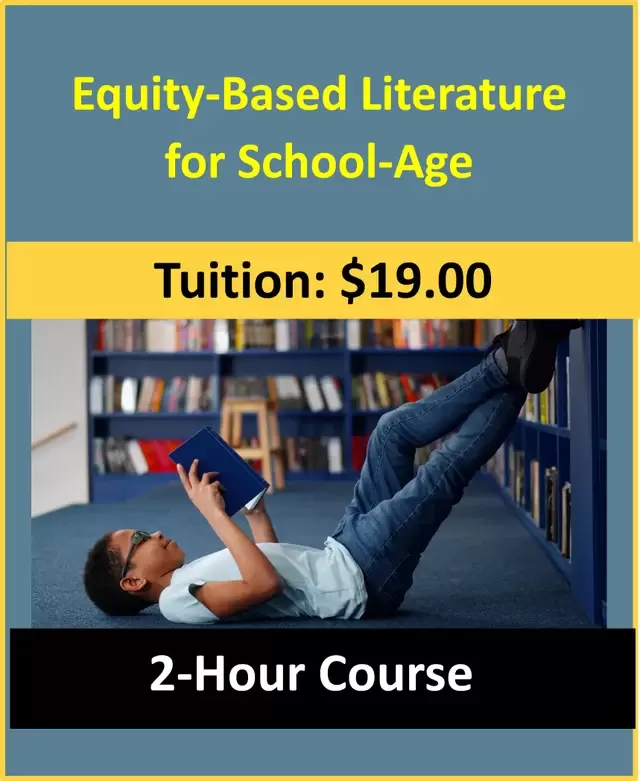
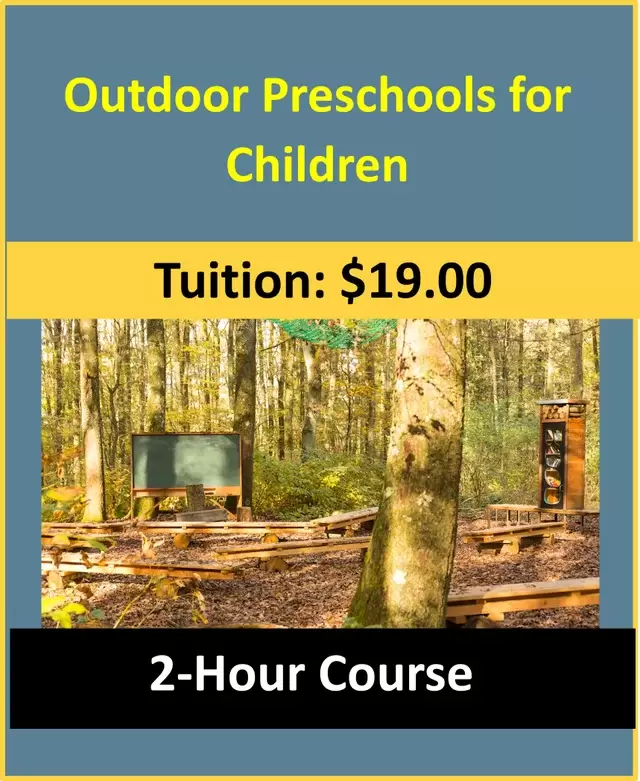
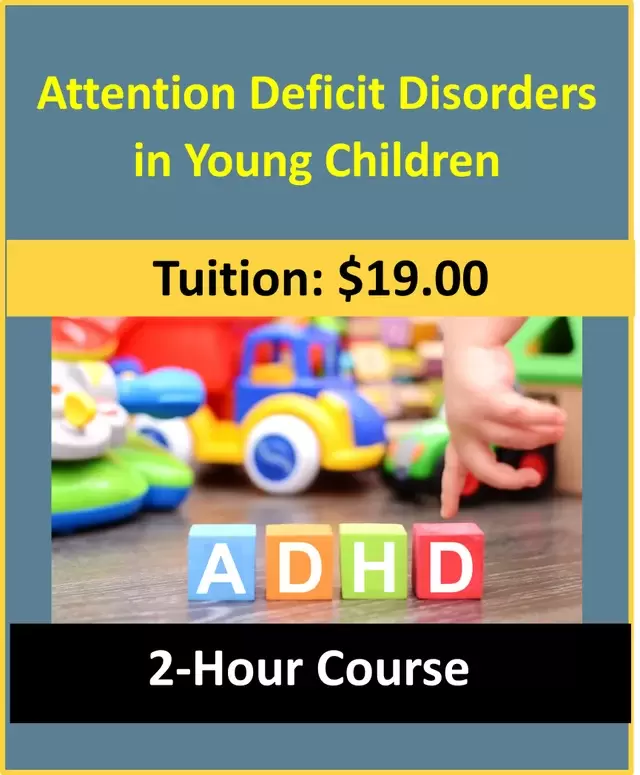
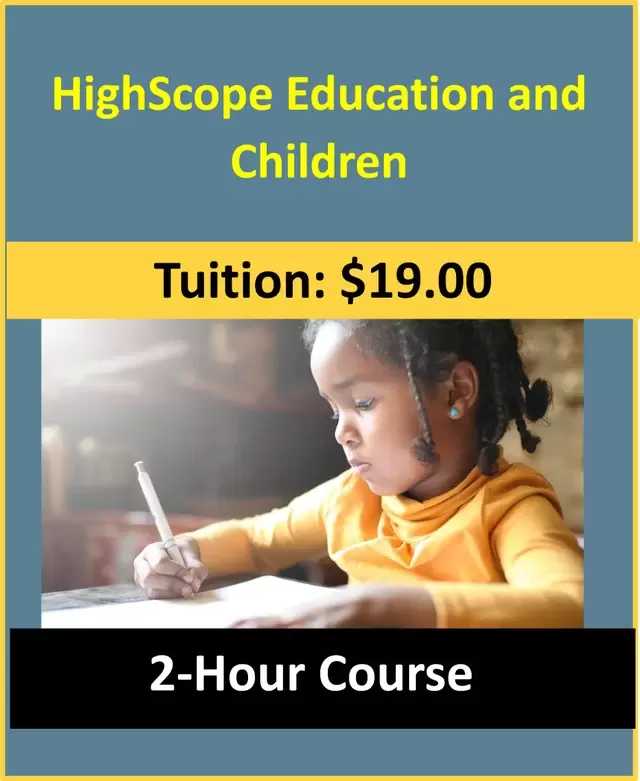
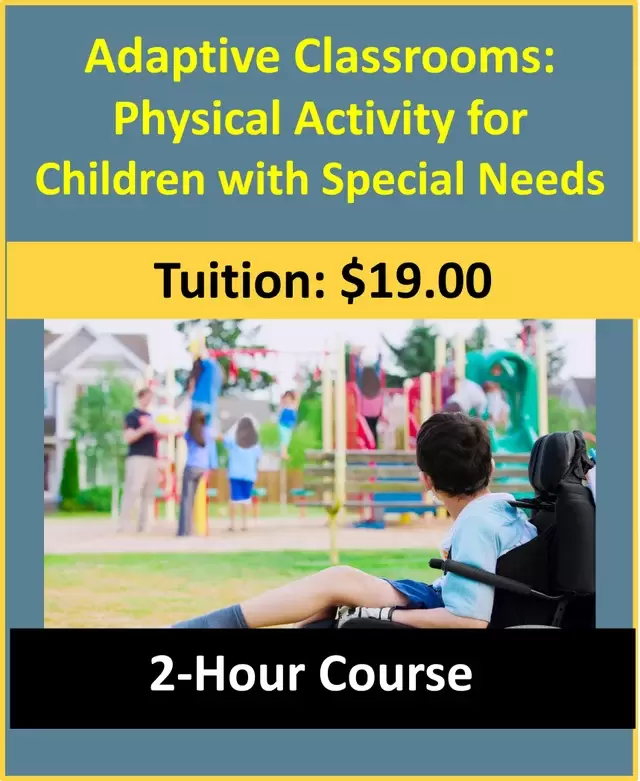
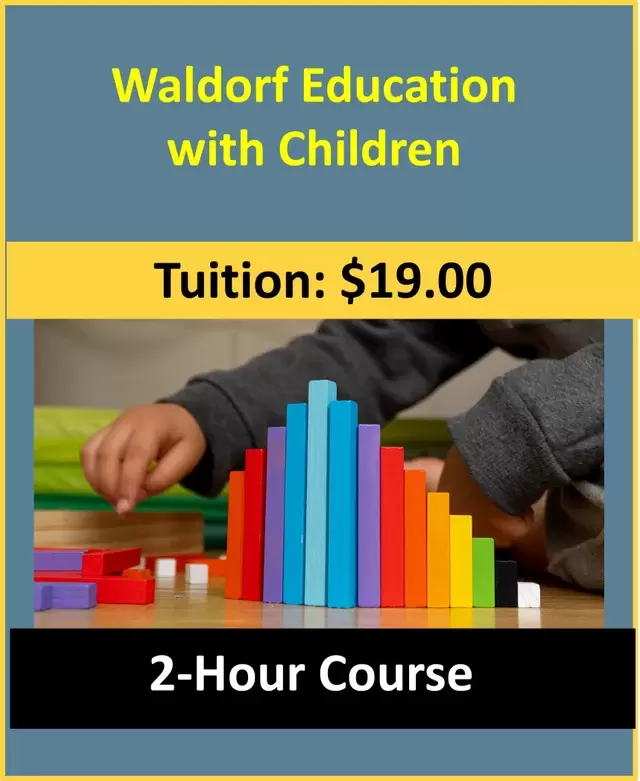
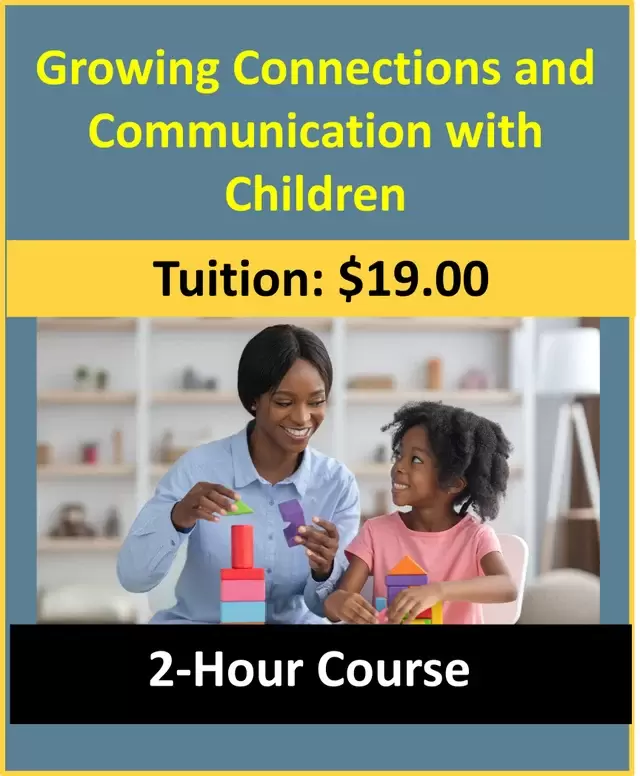
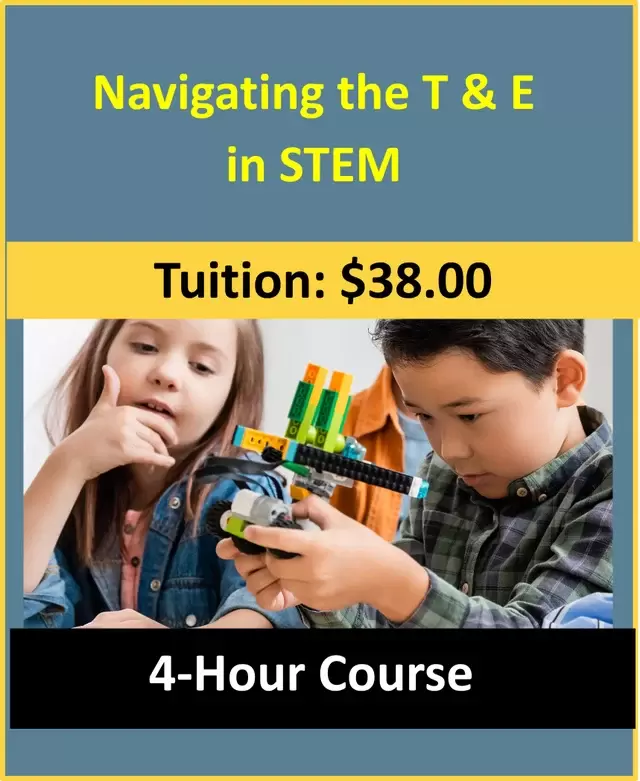
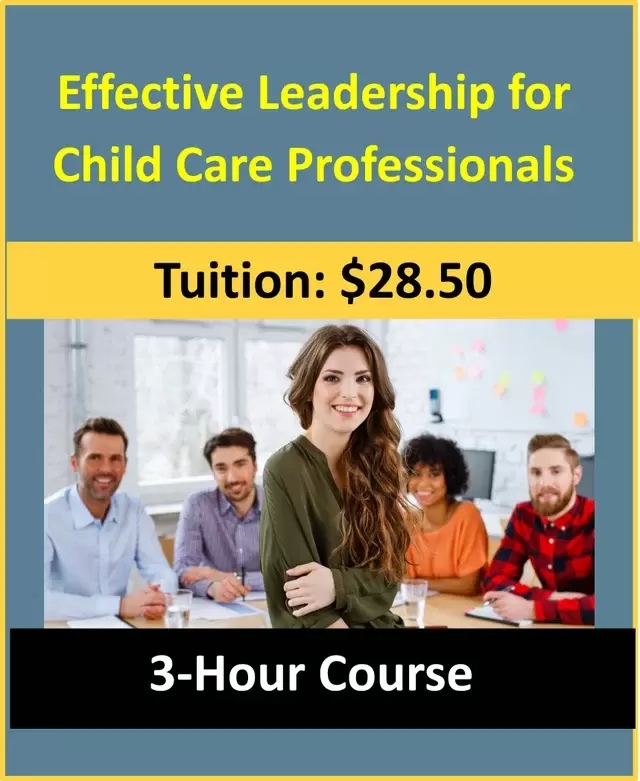
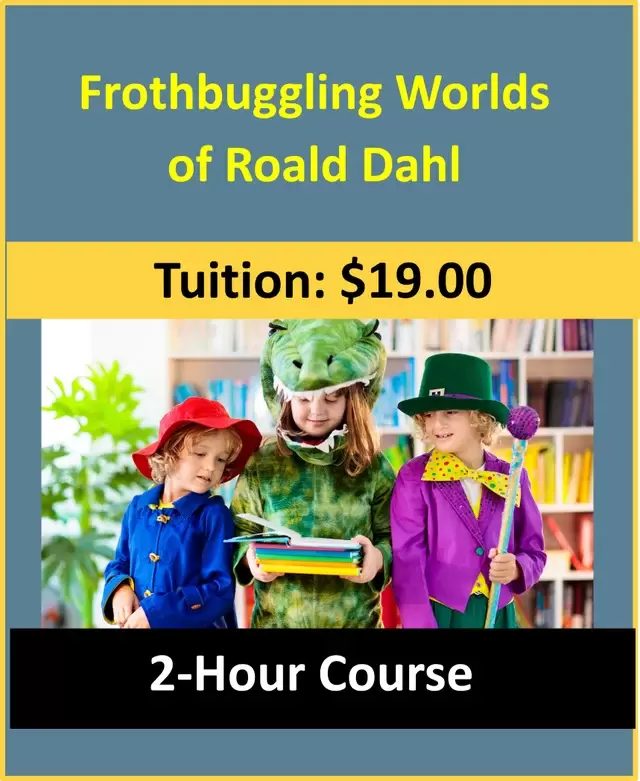
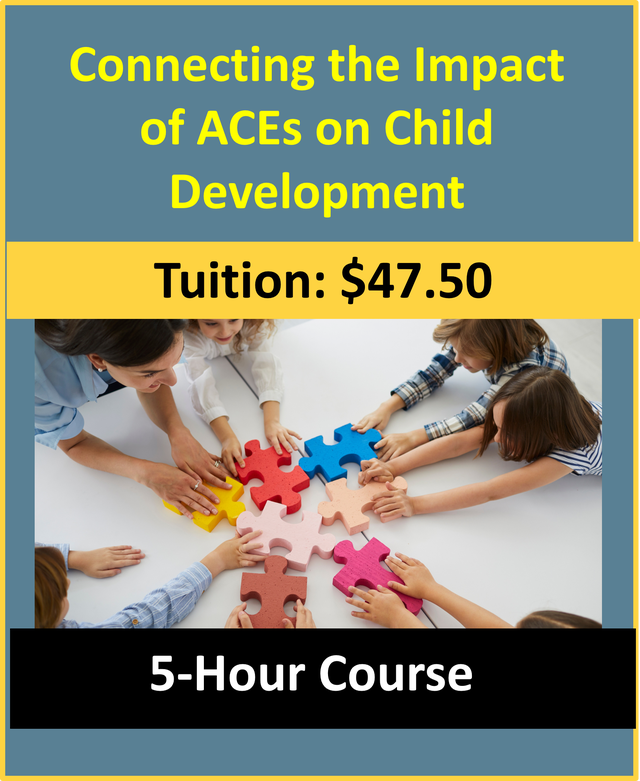
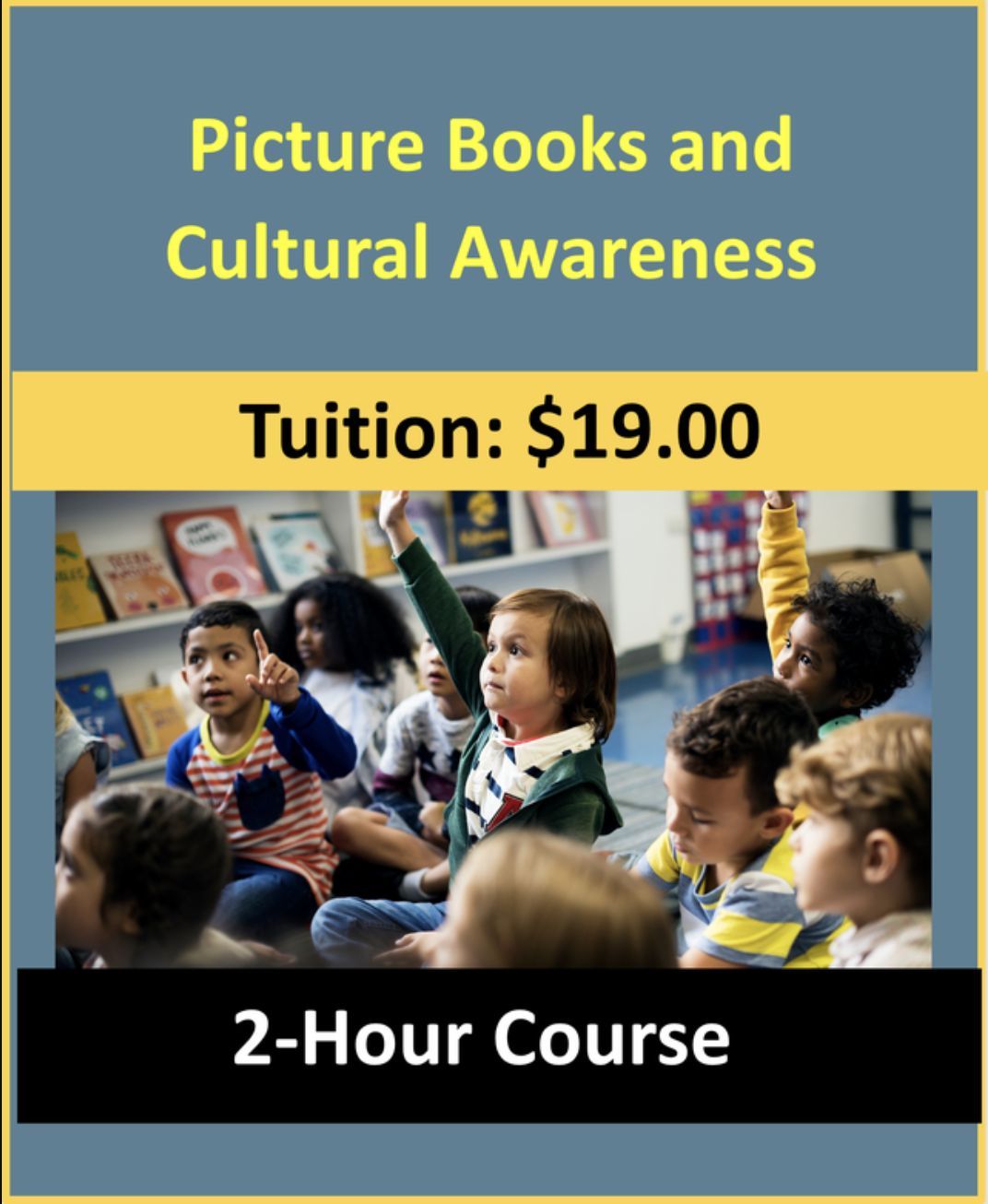
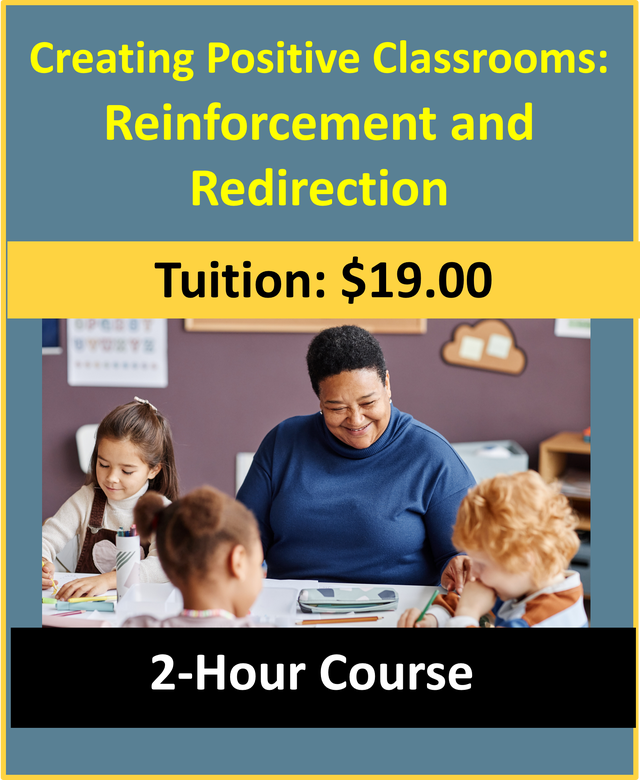
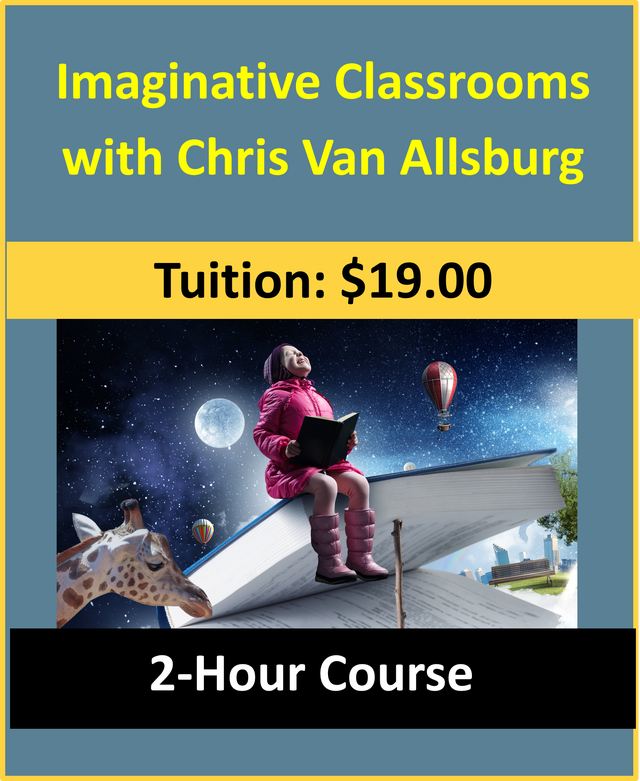
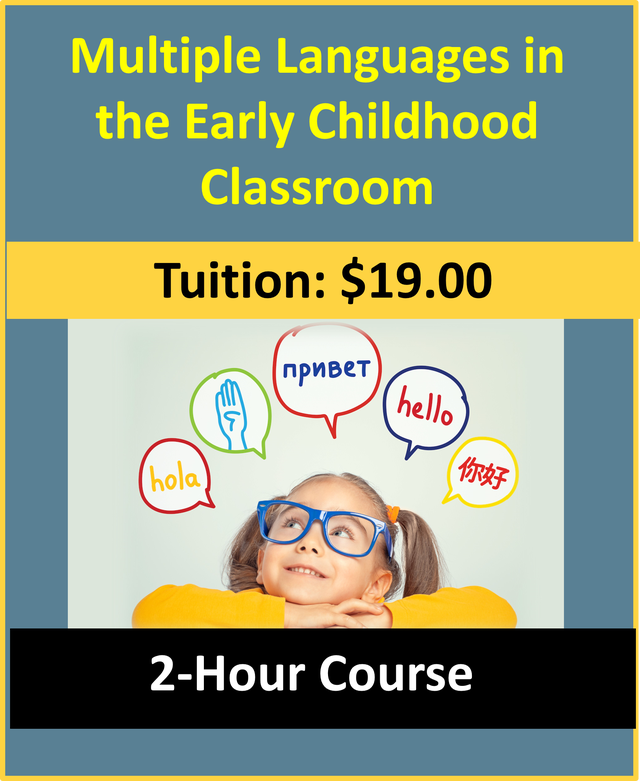
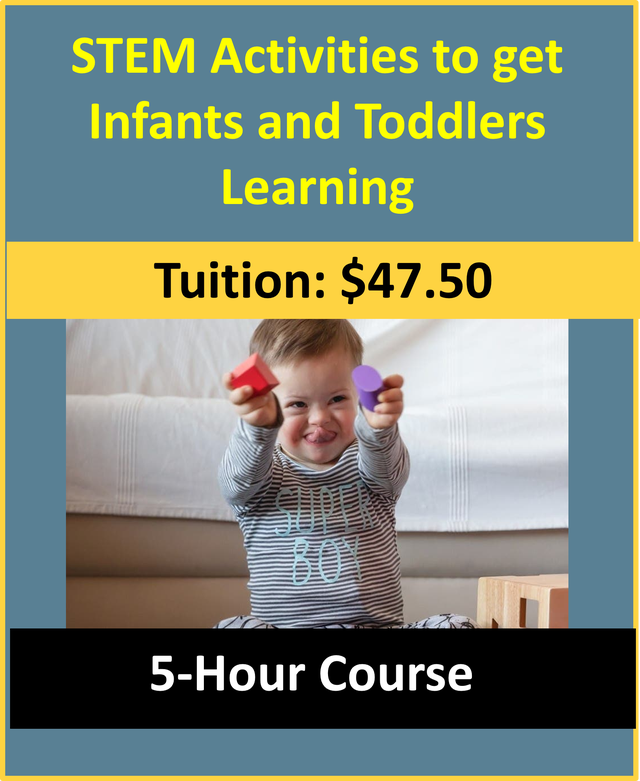
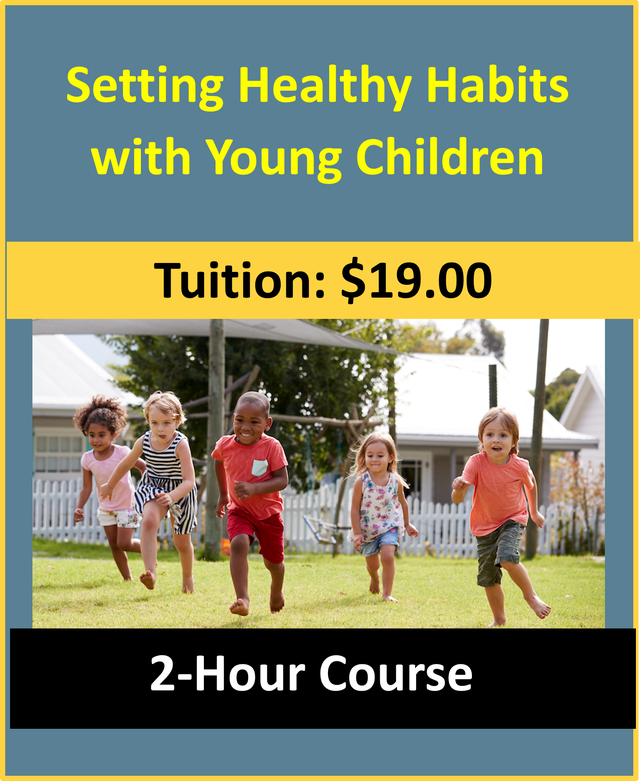
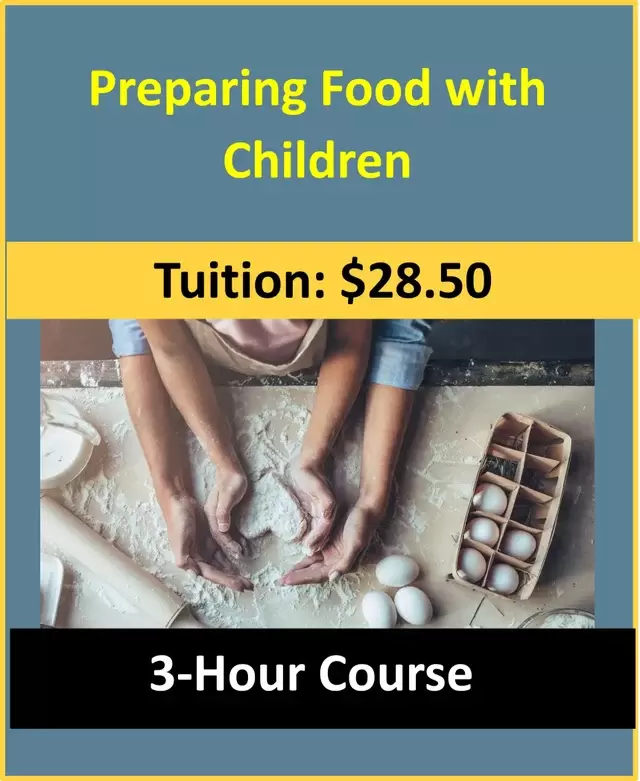
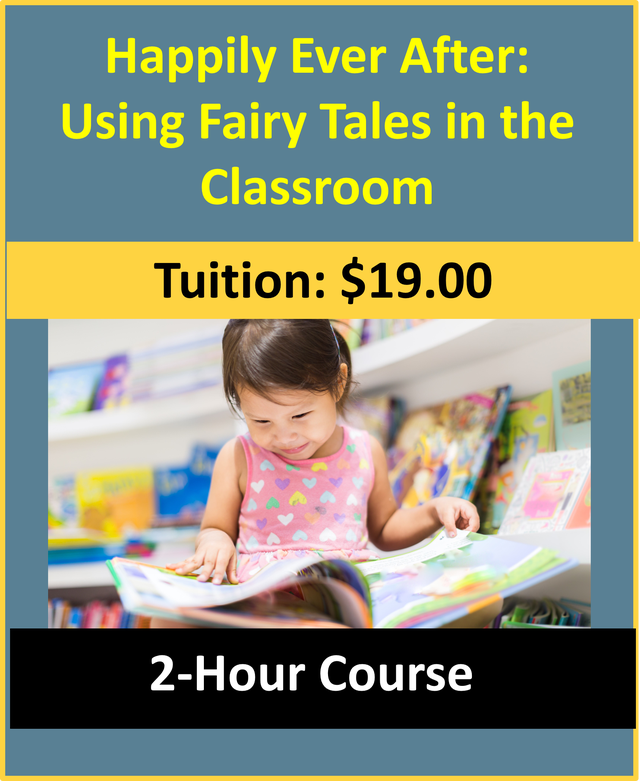
 RSS Feed
RSS Feed